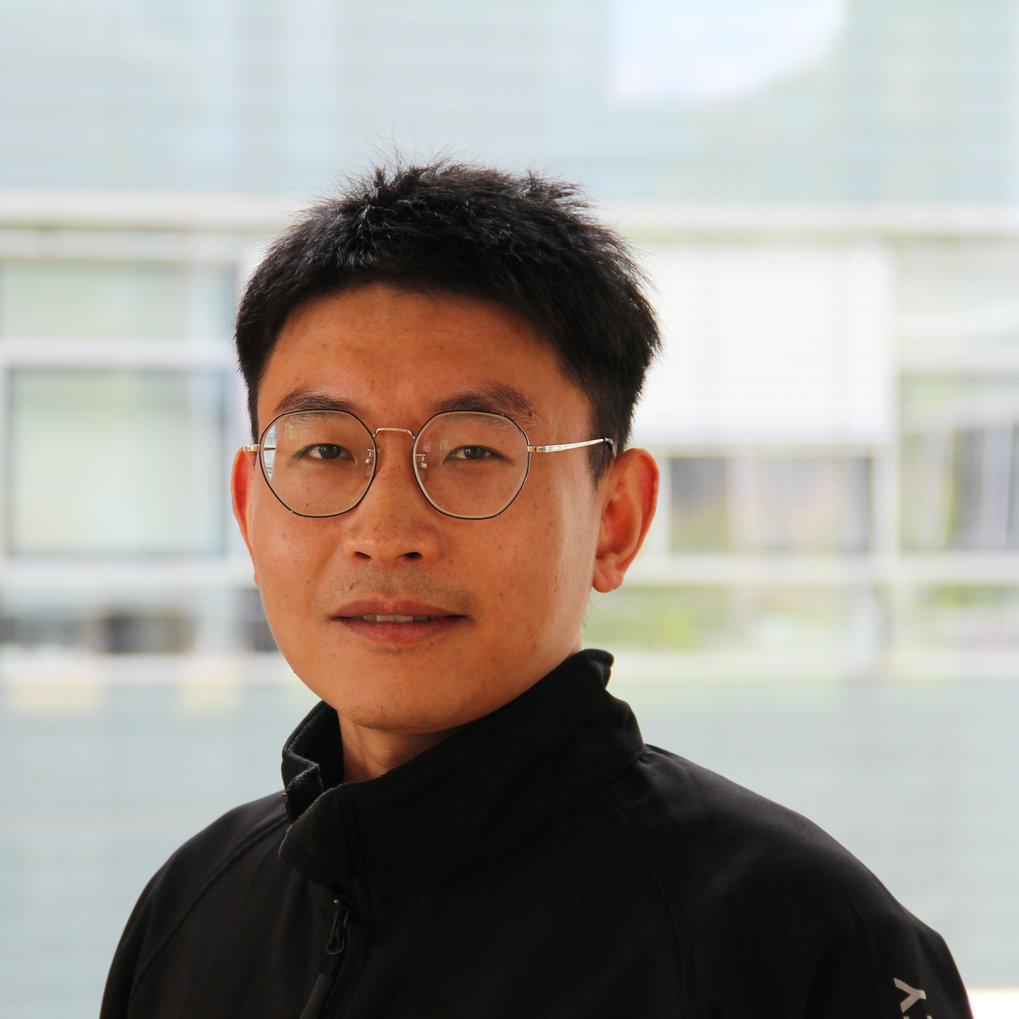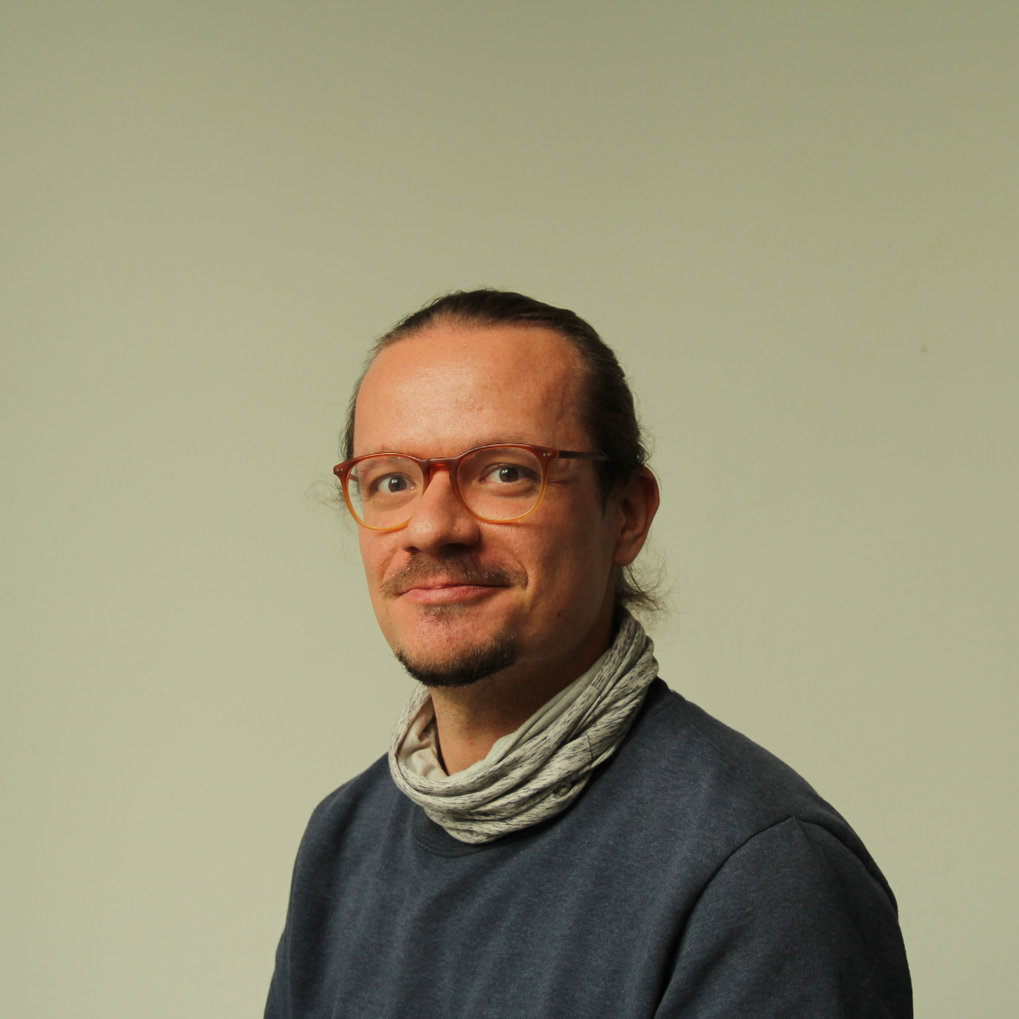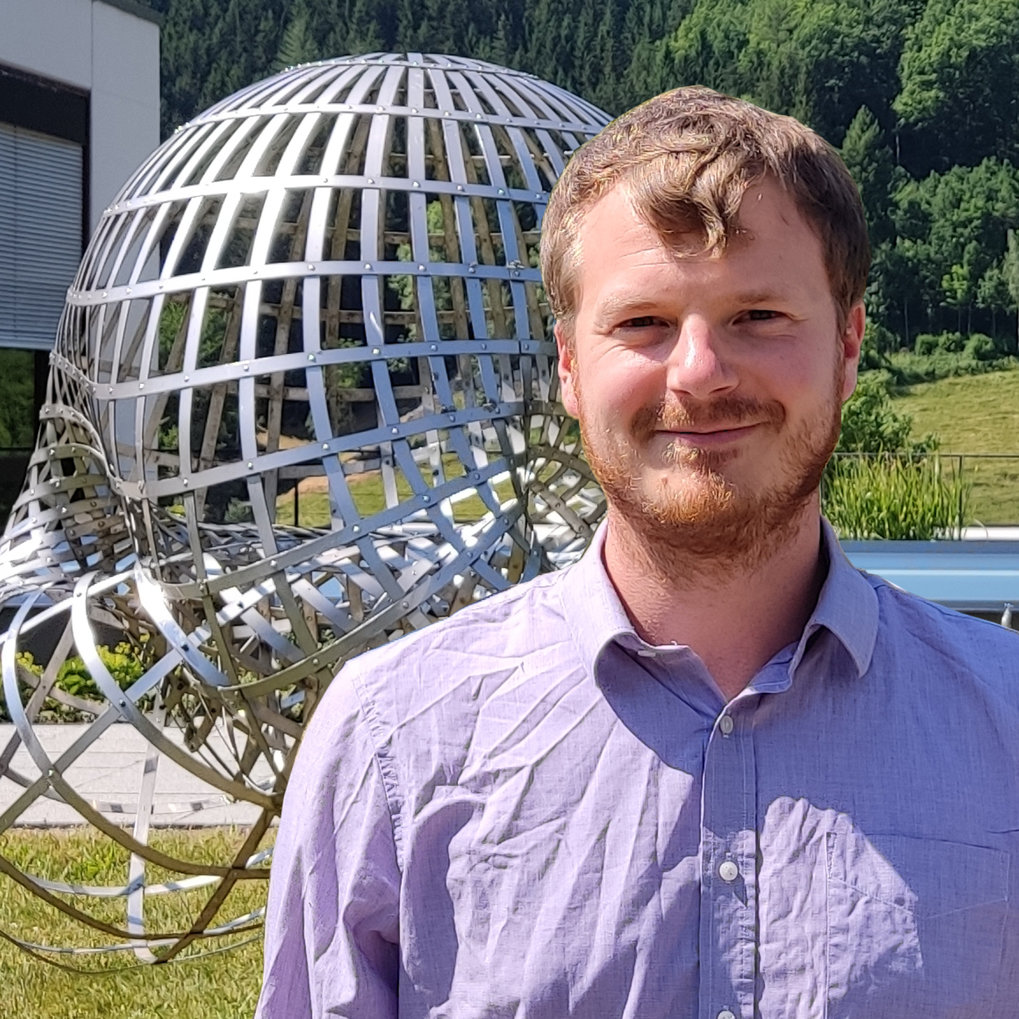Research and Project Groups
Research and Project groups of the Department of Biogeochemical Integration
Alexander Winkler
Sung-Ching Lee
The aim of the Bio.AI research group is to simplify, accelerate and increasingly automate global biodiversity
monitoring through automated species recognition in citizen science projects and remote sensing.Our specially
developed AI technology for species identification provides large amounts of data and targeted science communication
also helps to raise public awareness for the protection of biodiversity.
Jana Wäldchen
Martin Jung
The Model-Data Integration group is strongly motivated by the challenges of
representing terrestrial ecosystem fluxes in space and time in Earth system science.
We explore strategies and develop methods to extract information from data and translate
it into models to improve the understanding of ecosystem function.
Nuno Carvalhais
Marion Schrumpf

In the face of increasing environmental and climatic pressures, it is imperative to improve our understanding of the variability and causality underlying
biogeochemical cycles across different spatial and temporal scales. The research of the Machine Learning for Hydrological and Earth Systems (ML4HES) group, which is
also part of the ELLIS Unit Jena, is at its core motivated by the objective of exploring how environmental and climate sciences can benefit from advances in machine
learning and artificial intelligence.
Shijie Jiang
(within GDM)
Gregory Duveiller
Jacob Nelson

The Modelling Interactions in Soil Systems (MISS) project group concentrates on understanding the
dynamics and feedbacks in soil organic carbon (SOC) formation and decomposition. The group emphasizes the role of
mineral-associated organic carbon (MOC) and particulate organic carbon (POC) under changing environmental conditions.
Bernhard Ahrens

Satellite measurements offer indirect but large-scale information about the status and health of ecosystems,
also in inaccessible areas. Observations in different spectral regions give complementary information on different aspects
such as the greenness or water content of the canopy. The vegetation in turn strongly drives the exchange processes of CO2,
water and energy between the land surface and the atmosphere. In the case of CO2, the land ecosystems also compensate a large
part of anthropogenic emissions.
Our main goal is therefore the accurate quantification, and possibly a better understanding, of these exchange processes.

The group "Adapting Machine Learning for the Earth System" adapts machine learning methods to better understand the Earth system.
It particularly focuses on the relationships between weather, climate, and terrestrial vegetation.
Our goal is to analyze the complex interactions between these variables and contribute to our understanding of biogeochemistry.
Christian Reimers
light green = project groups dark green = research groups
Former Research Groups




